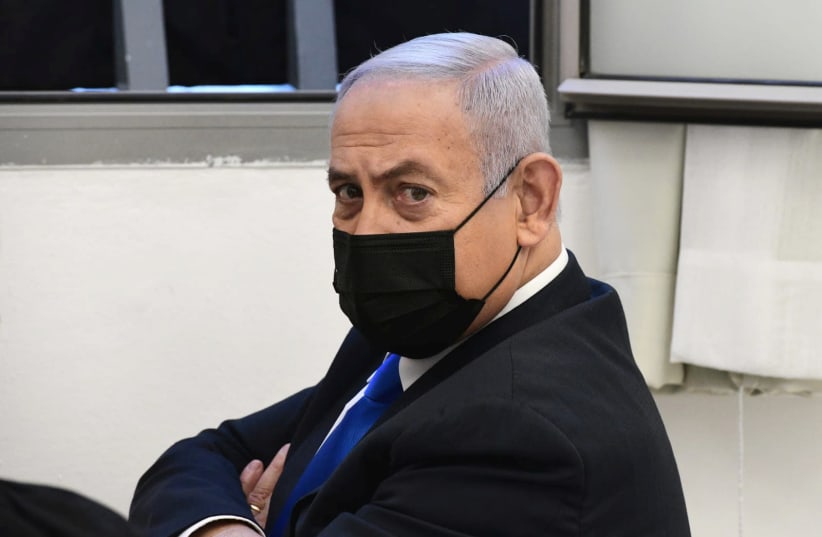Ben Zur spent much of Tuesday, as he has on some prior days, by citing examples of negative coverage of Netanyahu on the Walla website at the center of Case 4000, the Bezeq-Walla Affair.
His goal was to disprove the prosecution’s allegation that the prime minister influenced government policy in favor of Bezeq in exchange for slanted coverage in his favor by Walla. Both companies are owned by Shaul Elovitch.
However, Judges Rivka Freidman-Feldman, Moshe Baram and Oded Shaham became impatient with the volume of examples Ben Zur presented and asked him to move on to other issues.
By the end of the witness stage, Ben Zur was expected to submit a comprehensive statistical analysis in writing if he wanted to disprove the prosecution’s case by arguing there were more negative than positive articles about Netanyahu, they said.
Furthermore, there was no need to ask former Walla CEO Ilan Yeshua to comment on each article, they said, adding that it served no real purpose.
In a key exchange, Baram said to the defense: “The utility of getting specific comments from the witness to each individual article isn’t clear to us. The verdict will be based on the full collective of materials that will be filed” with the court after testimony by the witnesses concludes.
Elovitch’s lawyer, Jacque Chen, responded: “We have no choice besides to present the full picture to cope with the ghosts and the demons.”
Baram retorted: “We don’t deal with ghosts and demons, only with indictments.”
Nevertheless, Ben Zur said it was crucial for the judges to see a large volume of examples to discredit Yeshua’s testimony for the prosecution that there was a broad media bribery scheme slanted in favor of Netanyahu.
In one series of examples, Ben Zur presented several negative articles about Netanyahu on Walla’s site that were posted after the supposed turning-point meeting between Netanyahu and the Elovitches on December 27, 2012.
One article referred to Netanyahu as “a sucker” for overspending on a campaign event for which he could have gotten a much better deal if he had properly researched his comparative options from a cost perspective.
The defense hoped to convince the judges that if the prosecution’s narrative about when the alleged scheme first started was wrong, then the rest of the prosecution’s allegations should also be put in doubt.
In response, Yeshua said there had been a transition process from December 27, 2012, in which he needed to isolate or fire certain Walla employees before he succeeded in getting the site slanted to Netanyahu, as had been agreed upon between the prime minister and Elovitch.
In another series of articles from January 17-18, 2013, the defense said Netanyahu’s messengers had requested removal or reduced prominence of an article about Netanyahu’s rivals Tzipi Livni and Yair Lapid.
This request was ignored, which contradicted specific items cited as evidence in the indictment, the defense lawyers said.
However, the prosecution said this was a separate article and that the indictment was referring to another article about Netanyahu’s rivals Livni, Naftali Bennett and Shell Yacimovich that was removed or minimized as requested by the prime minister’s messengers.
